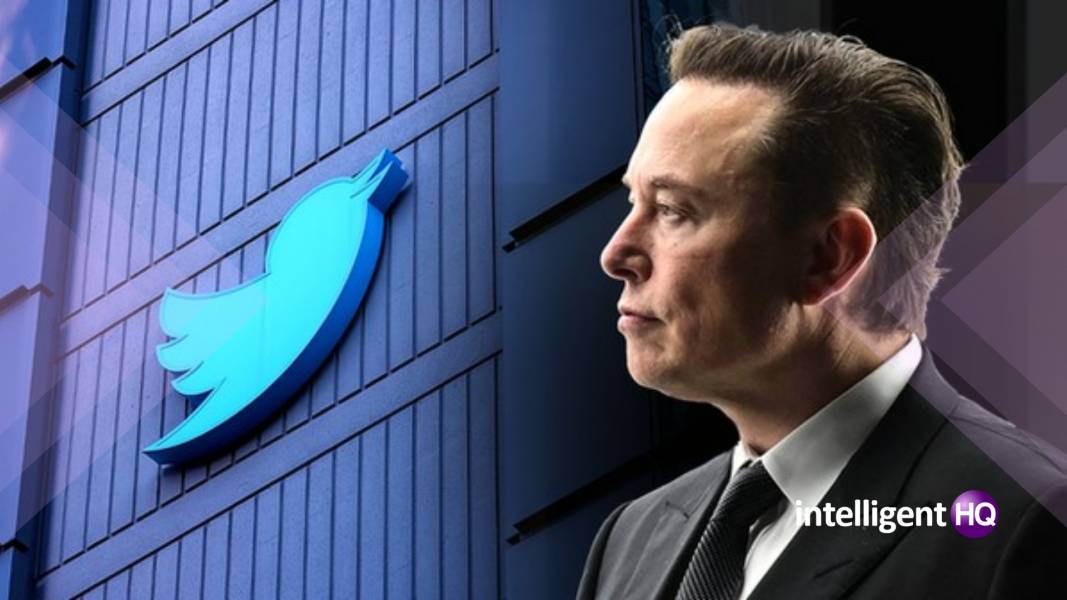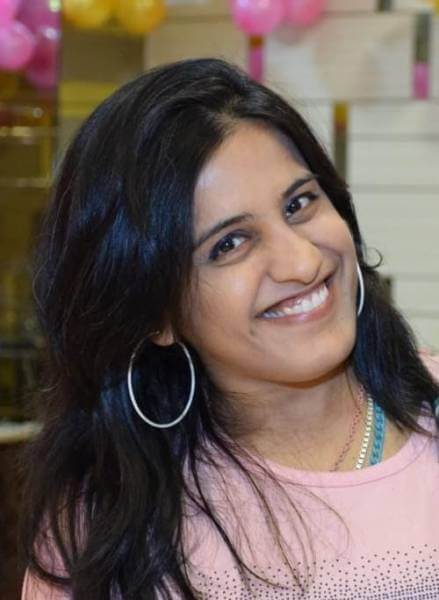In one of the most frenzied takeover bids ever, Elon Musk sealed the deal for $44.50 billion to acquire Twitter Inc. The SpaceX and Tesla owner explains it as the move to unlock the potentials that lay in the bedrock of the digital town square, enabling it with free speech. Is it, really?

Making a move within weeks of anyone even imagining him as an investor, Elon Musk has advanced his position from a prolific user of the platform to a successful dealmaker of the company on Monday. Styling himself as a free speech absolutist, Musk explained his motivation behind the takeover as “Free speech is the bedrock of a functioning democracy, and Twitter is the digital town square where matters vital to the future of humanity are debated”. He added that “Twitter has tremendous potential — I look forward to working with the company and the community of users to unlock it.”
Musk’s takeover of the social media private is a move to enhance it with new features. He expresses this to be a result of his intentions to make the algorithms open-source while defeating the purpose of spambots. Ironically, many fear this to be a strategic step to dictate the direction of Twitter’s policies by the billionaire sitting at the top of the Bloomberg Billionaires Index with a net worth of $257bn.
Musk had earlier criticised the current social media platforms as the “de facto arbiter of free speech” at a Ted Talk last month following Twitter’s decision to permanently ban former President Donal Trump. With the takeover, many wonder if he would reverse the decisions that were made by Twitter Inc in the past. Trump has reportedly denied his return to the platform, sticking to his social media presence from his own rival platform, Truth Social.
Following the regulations and legislations of social media platforms due to the rise in the number of fake news, misinformation (especially surrounding the Covid 19 pandemic and geopolitics), online harassment, and other internet threats, there have been wide debates about their being. Governments across the world have also pressured these platforms to curb illegal electoral influences by foreign parties. However, Mr. Musk had disagreed with these, choosing tweets as his medium of expression.
According to him, with the restrictions on posts, Twitter had “undermined the democracy” of its users. However, in the absence of any framework of concrete plans, until the deal closes by the end of this year, speculations and fears arise about the devastating effects of a decentralised social media platform.
After the deal was announced, Anthony Romero, executive director at the American Civil Liberties Union, told Reuters, “While Elon Musk is an ACLU card-carrying member and one of our most significant supporters, there’s a lot of danger having so much power in the hands of anyone individual”.
Michael Kleinman, Director of Technology and Human Rights at Amnesty International USA, said on Monday, “The last thing we need is a Twitter that willfully turns a blind eye to violent and abusive speech against users, particularly those most disproportionately impacted, including women, non-binary persons, and others”.
With several new challenges to navigate, Robert Whitehead, the lead for INMA’s Digital Digital Platform Initiative says, “While it’s too early for anyone, even Musk, to know, one likely strategy is for it to return to a ‘classic’ digital platform business model regarding advertising, commercial-use charges, and premium services. For media companies, lawmakers, and other commercial users, this scenario could mean, for example, that they might need to pay to become a professional contributor to publish their verified messages and possibly links to news.”

With a driving passion to create a relatable content, Pallavi progressed from writing as a freelancer to full-time professional. Science, innovation, technology, economics are very few (but not limiting) fields she zealous about. Reading, writing, and teaching are the other activities she loves to get involved beyond content writing for intelligenthq.com, citiesabc.com, and openbusinesscouncil.org




























